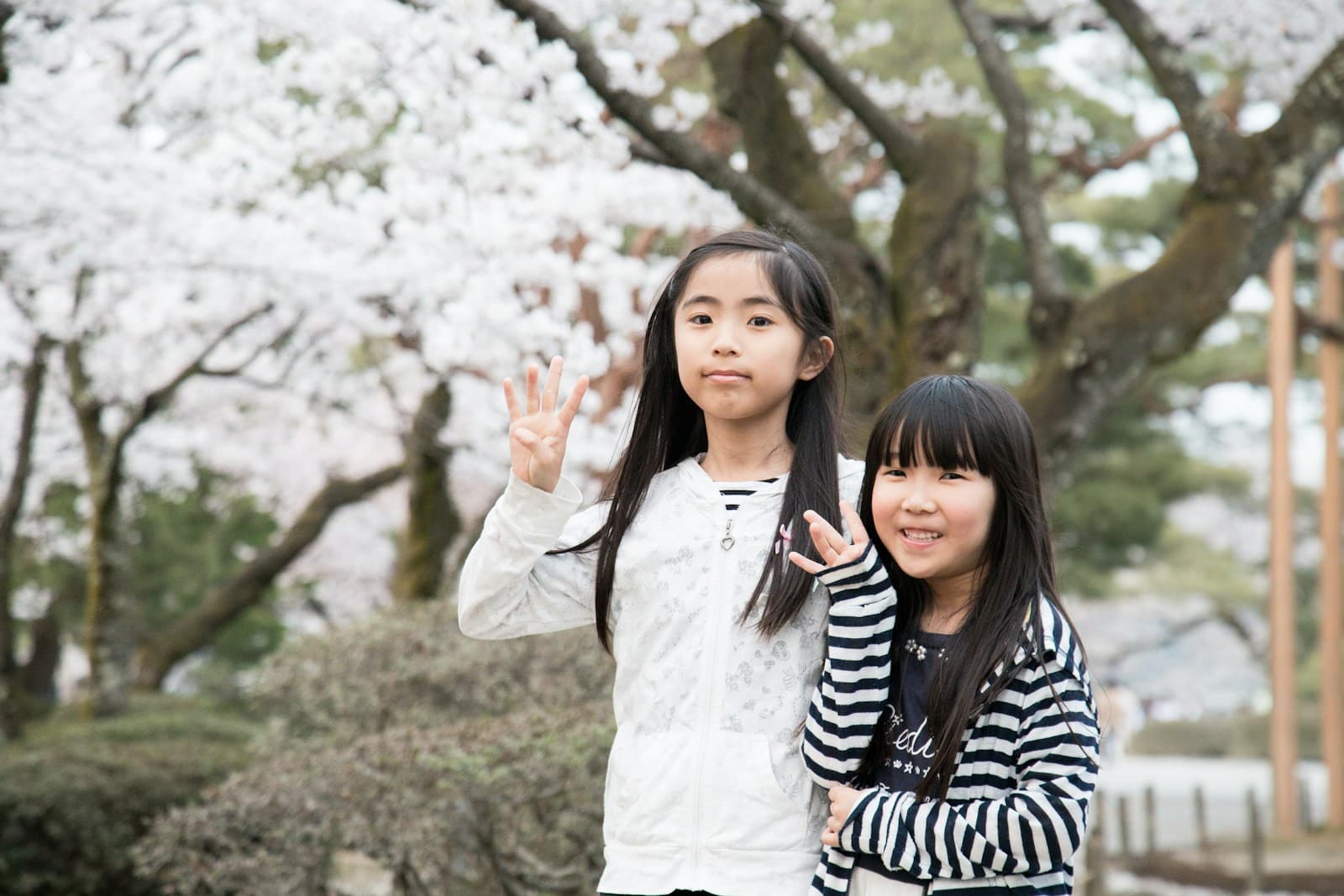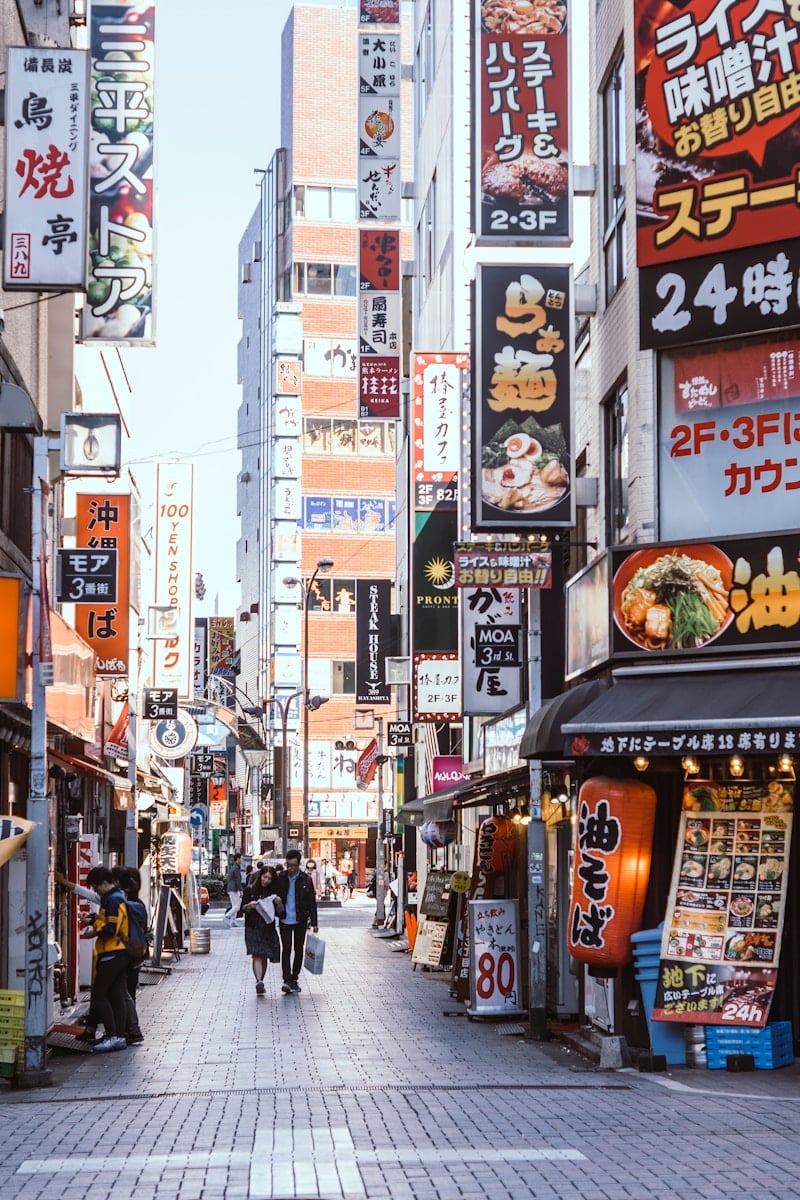When I first started learning Japanese, one of the first words I came across was “tomodachi.” It’s a word that stuck with me, not only because it was easy to remember but because of the warmth and connection it represents. So, what does “tomodachi” mean in Japanese? Simply put, tomodachi (友達) translates to “friend” in English, but like many words in other languages, it holds more cultural significance than just a direct translation.
In this blog post, I’ll dive into the meaning of tomodachi, explore its cultural context in Japan, and share why this simple word carries such a heartfelt meaning.
What Does “Tomodachi” Mean?
“Tomodachi” (友達) is the Japanese word for “friend” or “friends.” It can be used to refer to both singular and plural forms of the word “friend,” as Japanese doesn’t typically differentiate between the two. Whether you’re talking about one friend or many friends, tomodachi fits the bill.
What I love about the word tomodachi is that it feels so warm and inviting. Every time I use it, it reminds me of the strong bonds I’ve formed with people, whether through shared experiences or a mutual understanding. However, as with many Japanese words, tomodachi doesn’t just stop at its literal meaning. In Japanese culture, friendship holds a deeper, more intricate value.
The Cultural Context of “Tomodachi”
While tomodachi is used to mean “friend,” the way friendship is perceived and understood in Japan can differ from how it’s seen in other cultures. From my own experiences and conversations with Japanese friends, I’ve noticed that friendships in Japan tend to evolve more gradually and can often be seen as deep, lasting connections rather than casual acquaintances.
In Japan, the concept of group harmony (wa, 和) is important, and people generally take their time forming friendships. That’s why, when someone refers to you as their tomodachi, it’s often a significant gesture. Building trust and respect is a key part of relationships in Japan, whether they are between family, co-workers, or friends.
That being said, you might not immediately use the word tomodachi with someone you’ve just met. Instead, you might refer to them as an acquaintance (shiriai), which suggests that you know each other but haven’t yet developed a closer bond. As your relationship strengthens, that’s when tomodachi comes into play, and this transition can feel especially meaningful.

Photo by Johannes Waibel on Unsplash
Different Types of Friendship in Japanese
While tomodachi is the general word for “friend,” Japanese also distinguishes different kinds of friendships depending on their closeness or the context. I found this aspect of the language fascinating because it reveals the subtle ways in which Japanese culture treats relationships.
- Shinyuu (親友) – This word is used to refer to your best friend or a close friend you trust deeply. It’s the kind of person who’s been with you through thick and thin, almost like family. If you call someone your shinyuu, it means you share an exceptional bond.
- Nakama (仲間) – While nakama is often translated as “friend” or “companion,” it’s more about the connection within a group, like colleagues or teammates. It implies a shared experience or goal, so it can also be used in professional contexts. If you have a close-knit group of co-workers, you might refer to them as nakama.
- Yujin (友人) – This is a more formal way to refer to a friend. I’ve heard yujin used in written Japanese, especially in formal or polite situations. It’s not something I’d use in casual conversations with my close friends, but it’s perfect when writing or speaking with respect.
How to Use “Tomodachi” in Conversation
Using tomodachi in conversation is pretty straightforward, but like all languages, the context matters. Here are a few examples of how you might use it:
- Kare wa watashi no tomodachi desu. (彼は私の友達です。)
He is my friend. - Tomodachi to issho ni eiga wo mimashita. (友達と一緒に映画を見ました。)
I watched a movie with my friends. - Tomodachi ni au no ga tanoshii desu. (友達に会うのが楽しいです。)
It’s fun to meet my friends.
My Experience with “Tomodachi” in Japan
During my travels in Japan, the friendships I made felt incredibly special. One thing I noticed was how much emphasis Japanese people place on kindness and respect in friendships. Even though I was a foreigner, many people welcomed me with open arms, and when they called me their tomodachi, it felt like a meaningful connection.
One of my favorite memories involves sitting in a small cafe with a friend I met in Tokyo, laughing about the cultural differences between us. We had grown close over time, and I remember when they referred to me as tomodachi, it felt like I was truly part of their world.

Photo by Deeana Arts on Pexels
Final Thoughts
So, what does tomodachi mean in Japanese? It’s not just about being someone’s “friend” in the casual sense. It’s about trust, respect, and building a connection that stands the test of time. Whether you’re making new friends or deepening bonds with those you’ve known for years, tomodachi reminds us that friendships are worth nurturing and celebrating.
For anyone learning Japanese or interested in the culture, tomodachi is one of those words that goes beyond its definition, bringing with it a sense of warmth and connection that is deeply rooted in Japanese values. I hope this helps you understand the meaning behind this beautiful word and the importance of friendship in Japan!
